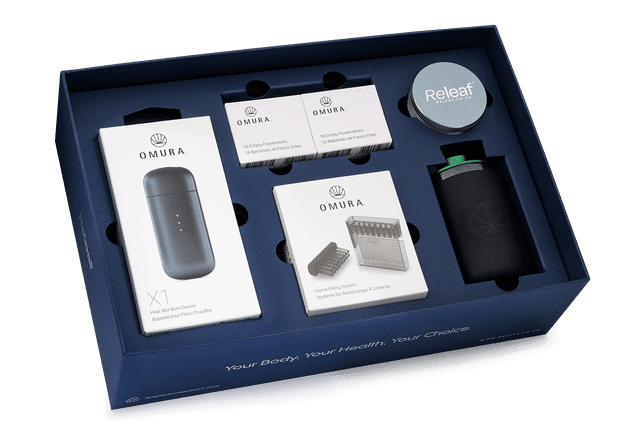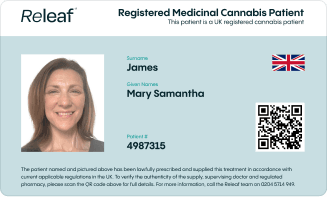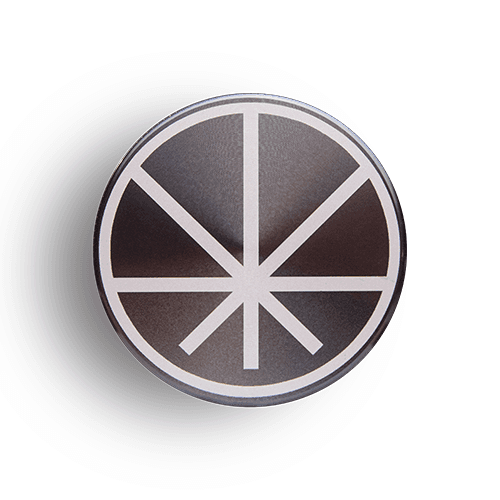A brief history of cannabis culture in the UK
The legalisation of medical cannabis worldwide is largely the driving force behind this growing trend. This new look cannabis culture has shifted attention away from subculture niches where the anecdotal claims about cannabis’ benefits were propagated, propelling the much loved flower into the mainstream. Previously clean-as-a-whistle celebrities joined the likes of the usual suspects from reggae, hip hop and rock to promote cannabis products.
Yes, Snoop Dogg, Bob Marley and Willie Nelson have their cannabis lifestyle brands but it hasn’t been as easy for famous bud lovers across the pond. Beetles star Sir Paul McCartney’s on and off relationship with cannabis highlighted in the mainstream press. British singers like 90’s star Robbie Williams was slated as “grossly irresponsible” in 2010 for referring to cannabis as “lovely”. Just 8 years later newspapers couldn’t get enough excitement out of the fact that the She's The One singers’ wife bought him his cannabis farm.
Rather than deterring audiences from a brand, that all too familiar leaf silhouette now attracts consumers' attention in almost every demographic being employed as a marketing tool - which seems to be paying off. One household brand that has jumped on the hemp bandwagon is Nivea, launching their Sensitive Pro range aimed specifically at men highlighting its key ingredient hemp seed oil.
How it all began
Britain has a unique relationship with cannabis due to its prosperity chasing days of the Empire. Dr William O’ Shaunessy observed cannabis use in India, studying it and bringing it home to England, where it was eventually used to treat Queen Victoria for almost everything, including childbirth.
In Jamaica the British had taken Indian indentured servants there who bought seeds from their homeland. The meshing of Ethiopian Rastafarianism and Indians spiritual cannabis use is why the Rustafari culture is synonymous with the herb. A reinspired British music scene took off when the 1950s saw the arrival of the Windrush generation, bringing rastafari and dancehall culture.
Roots music grew into Ska music through the late 70’s and 80’s, which continued to spread cannabis use among the mainly male dominated music scene that saw itself as a rebellion against the mainstream. Pass The Dutchie by Musical Youth became the UK’s first reggae song to top the charts in 1982, a PG friendly version of The Mighty Diamonds cannabis song Pass the Kouchie.
British cannabis use was at its highest prevalence in the 1990’s when the government started tracking public drug use mid-way through the decade. Bands like Oasis openly smoked their iconic shaped spliffs and their drug use was sensationalised across the front pages of the newspapers. Around this time Welshman Howard Marks aka Mr Nice was released from US prison for smuggling tonnes of hash into the country via Pink Floyd's speaker cabinets. Howard was nothing short of a legend in the cannabis underworld and created a huge following from his newspaper headlines and global manhunt after he faked his kidnapping.
Eventually Mr Nice, a former Oxford University Physics graduate, would tour the UK telling stories of his smuggling adventures, which he published a book about, proudly confessing smuggling enough Colombian Haze to get everyone in the UK high. The free party scene was raving and drug use like Ecstacy, LSD and psilocybin mushrooms was becoming more common.
Cannabis was something that usually followed as it reduced some of the unwanted side effects of MDMA. The free party scene was regulated into what we currently know as nightclubs and recent government statistics show that even now, going to a night club four times will increase your chance of trying cannabis by nearly 40%.
When did things start to change for cannabis in the UK?
Around the time that medical cannabis laws in the US had hit 50% of states in 2010, it was becoming more and more common to turn on the radio and hear a song that mentioned cannabis. Still, rather than being something to brag about so openly, in the UK cannabis use remained a much more personal and private thing to do, at home in a safe place with a cup of tea and a spliff. This was about the time that cannabis social clubs entered the scene pushing for political change but also creating social change in the process opening 160 membership groups across all four nations. UKCSC data shows the male cannabis club membership dwarfed that of the females with 81.4% to 18.6%.
UK cannabis culture steadily began to close the gap between what was happening at home and in the US. Public consumption became more noticeable with 17,000 people filling London’s Hyde Park on April 20th in 2018 and smaller events echoing the ethos throughout the country most weekends. Well known cannabis personalities started getting work on mainstream TV with Big Narstie taking a weekly slot on Channel 4 that has just concluded after five series.
Grime, drill and UK hip hop also have a symbiotic relationship with cannabis. Due to the rise of social media, young artists can create attention towards their recreational cannabis use, often glamorising it and the ‘dealing’ lifestyle. This brazen behaviour has an influential effect on the normalisation of cannabis use in mainstream society.
The introduction of medicinal cannabis law
The Home Office changed UK law in 2018, making cannabis a prescribable medicine after three years of intense political campaigning. The MHRA and NICE have restricted the NHS from writing prescriptions for medicinal cannabis and CBMP with an added directive; only specialist consultants can prescribe - not GPs. Therefore, patients can only access cannabis grown for medicinal purposes via a private prescription.
Five years in, patients still have to learn about a new medical system that businesses are also learning to operate as they go along. The new industry has experienced hiccups that force cannabis clinics to develop innovative ways to improve patient service and supply chain issues.
The Home Office has refused to publish the data on how many citizens have written a cannabis prescription but a Freedom of Information request by Labour MP John Spellar revealed 89,239 prescriptions have been written between 2018 and 2022.
Estimates on the number of individuals with prescriptions range from 17,000 to 32,000, but considering many patients have switched clinics more than once it is hard to get an accurate number.
This low uptake of patients receiving legal prescriptions indicates that there are still a majority of patients relying on black and grey market cannabis, which does not offer the same protections of a safe product or to be free from risk of prosecution. There are now fewer cannabis social clubs in the UK than in the previous 7 years, indicating that black market cannabis is still dominating the illicit side of the cannabis industry.
Conclusion
Cannabis culture in the UK has a healthier image than in previous decades which is becoming less and less of a subculture every year. Conversations around harm reduction are much more accessible, allowing for pragmatic approaches to be taken by local authorities who want to see better social solutions to people's problems with cannabis. Corporate bodies that have invested in the industry are using their resources to reeducate the public on the most recent science and safer forms of consumption.
Releaf understands that medical cannabis can be life-changing for many people. That's why we offer tailored monthly packages based on your cannabis prescription, specialist consultations for medical cannabis, and a unique medical cannabis card for protection.






